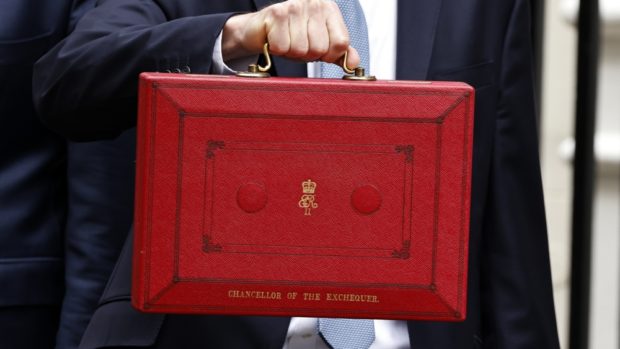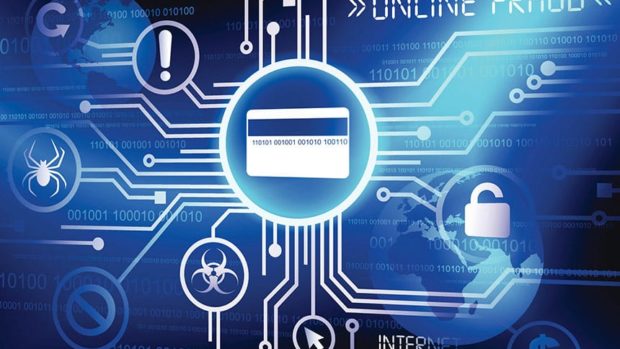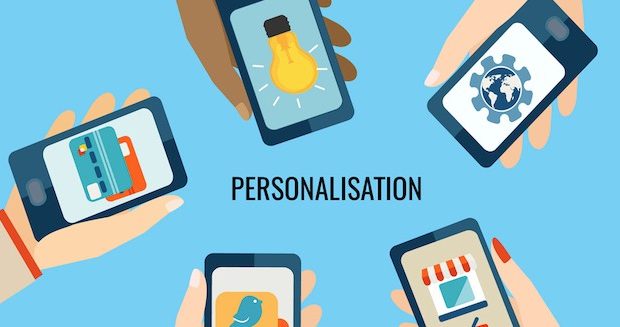
Almost half of UK adults (48 per cent) have used Buy Now, Pay Later (BNPL) to spread the cost of purchases, and last year saw a 7.4 million increase in the number of people who used BNPL compared to 2022, according to data from Equifax UK. Meanwhile, Equifax data shows average monthly BNPL payments made by customers have increased steeply in recent years – from £105 back in 2021 to £153 last year.
The cost of living could be spurring the increased use of BNPL, as shoppers look to spread out the cost of their purchases. BNPL usage is not uniform across sectors, with use highest in fashion, interiors, white goods and electronics, but concerningly this also extends to everyday consumables.
Alongside rising BNPL use, consumers have admitted to consistently missing payments, last year 17 per cent admitted to missing multiple repayments. Almost half (46 per cent) of 18-to-34-year-olds have failed to make a BNPL repayment on time, while over half (57 per cent) of BNPL users tend to spend more when using the service.
On top of monthly payments increasing, so have the number of monthly BNPL transactions consumers make. Equifax data shows that, on average, the number of payments consumers make using BNPL increased from four and a half in 2021 to over seven by summer last year.
Craig Tebbutt, Chief Strategy & Innovation Officer at Equifax UK, said: “Over the last three years we’ve witnessed a surge in BNPL use by consumers. These loans have become an essential part of many people’s shopping experience, but nonetheless, it’s important that consumers and lenders alike treat BNPL as any other types of credit, making sure repayments are affordable and the risks are understood.
“If universally reported to credit reference agencies, BNPL can both help consumers demonstrate their creditworthiness and unlock access to credit, while also protecting individuals who might be in financial difficulty from taking on problem debt. Equifax therefore supports the call for greater regulation of BNPL to both improve financial inclusion and protect vulnerable customers along the way.”







Share